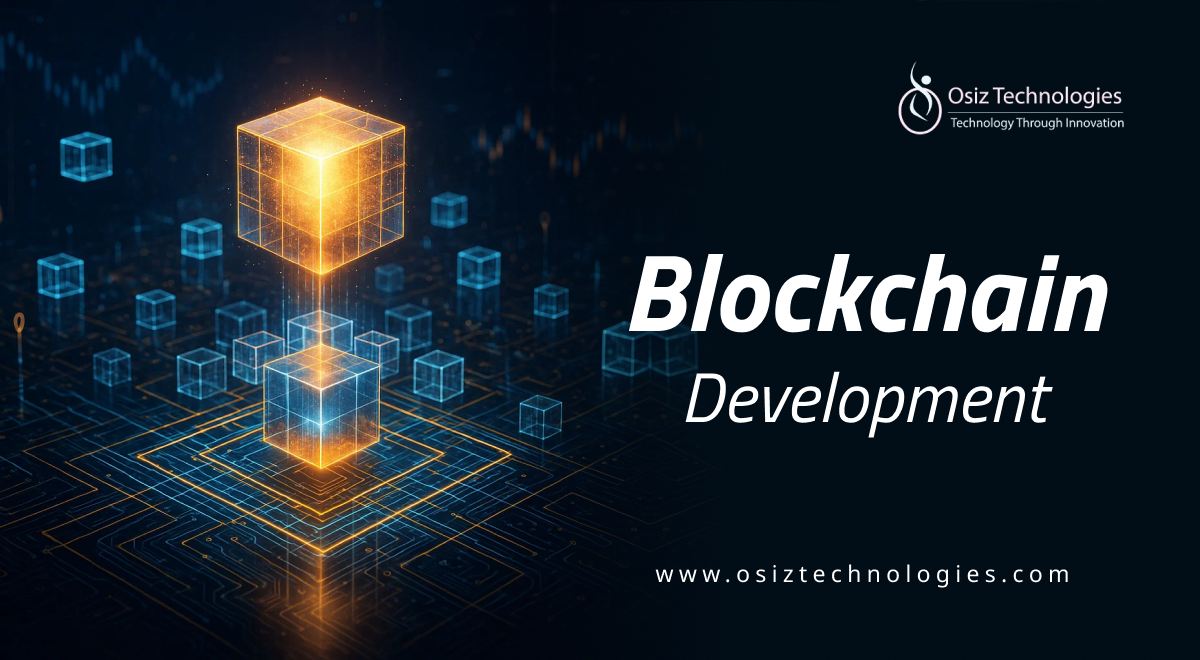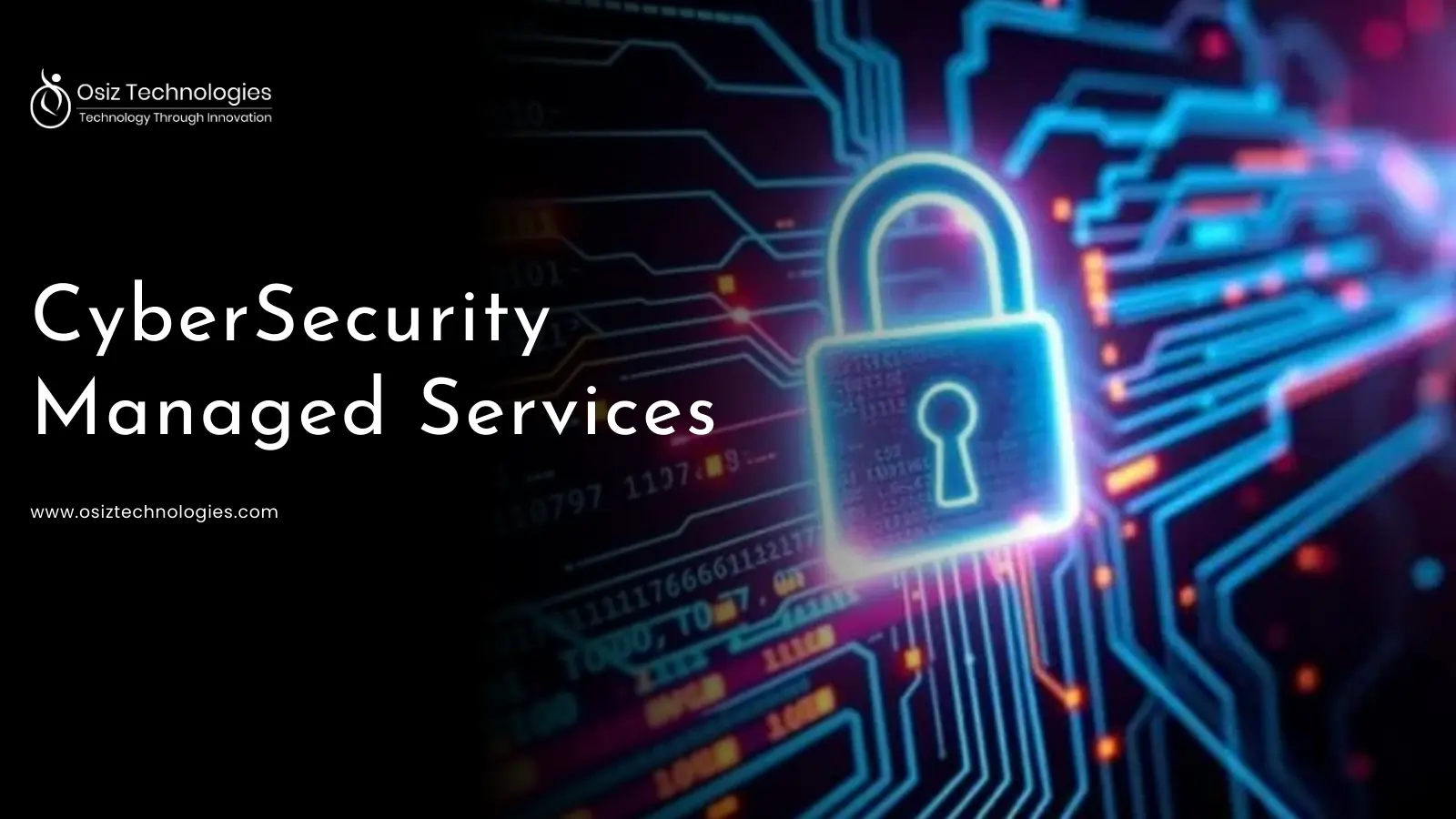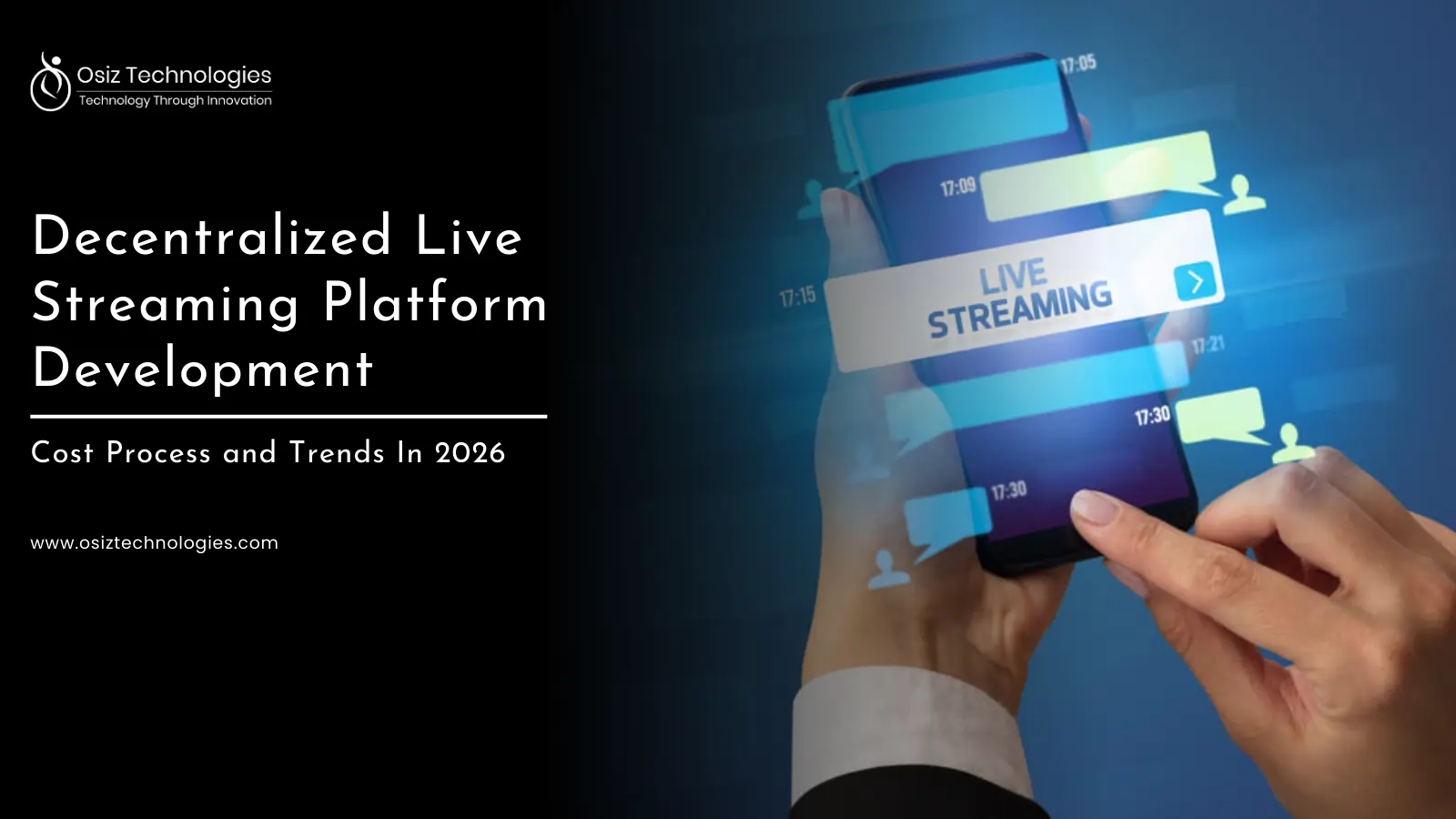In recent years, blockchain technology has emerged as a transformative force across various sectors, and healthcare is no exception. The integration of blockchain into healthcare systems promises to enhance data security, improve patient outcomes, and streamline operations. This article delves into the multifaceted benefits of blockchain technology in the healthcare industry, exploring its potential to revolutionize how healthcare providers, patients, and stakeholders interact.
Understanding Blockchain Technology
Blockchain is a decentralized digital ledger that records transactions across multiple computers. This technology ensures that the recorded data cannot be altered retroactively without the consensus of the network, making it highly secure and transparent. In healthcare, this means that patient records, clinical trials, and billing information can be stored in a manner that is both secure and easily accessible.
Enhancing Data Security
One of the primary concerns in healthcare is the security of patient data. With the rise of cyberattacks targeting healthcare institutions, the need for robust data protection mechanisms has never been more critical. Blockchain technology offers a solution by encrypting patient data and storing it across a distributed network. This decentralization makes it nearly impossible for hackers to access sensitive information. For instance, a healthcare provider using blockchain can ensure that patient records are only accessible to authorized personnel, thereby enhancing privacy and compliance with regulations such as HIPAA.
Improving Interoperability
Interoperability refers to the ability of different healthcare systems to communicate and share data seamlessly. Traditional healthcare systems often struggle with data silos, where patient information is trapped within specific organizations. Blockchain can bridge these gaps by providing a unified platform for data sharing. For example, if a patient visits multiple healthcare providers, each provider can access the same blockchain-based record, ensuring that everyone involved in the patient's care has the most up-to-date information.
Streamlining Clinical Trials
Clinical trials are essential for the development of new treatments, but they can be lengthy and costly. Blockchain technology can streamline the clinical trial process by providing a transparent and immutable record of all trial data. This transparency can enhance trust among stakeholders, including patients, researchers, and regulatory bodies. For instance, blockchain can help track patient consent and monitor trial protocols, ensuring compliance and reducing the risk of fraud.
Facilitating Supply Chain Management
The healthcare supply chain is complex, involving numerous stakeholders from manufacturers to distributors and healthcare providers. Blockchain can enhance supply chain management by providing real-time tracking of medical supplies and pharmaceuticals. This transparency can help prevent counterfeit drugs from entering the market and ensure that products are stored and transported under appropriate conditions. For example, a blockchain-based system can track a vaccine's journey from the manufacturer to the clinic, ensuring its integrity at every step.
Empowering Patients with Ownership of Their Data
In a blockchain-enabled healthcare system, patients have greater control over their medical data. They can grant or revoke access to their records as needed, empowering them to make informed decisions about their health. This shift towards patient-centric care can enhance trust between patients and healthcare providers. For instance, patients can choose to share their data with researchers for studies, potentially leading to breakthroughs in treatment while maintaining control over their information.
Reducing Administrative Costs
Administrative costs in healthcare can be exorbitant, often due to inefficiencies and redundancies in processes. Blockchain can help reduce these costs by automating and streamlining administrative tasks such as billing and claims processing. Smart contracts, which are self-executing contracts with the terms of the agreement directly written into code, can facilitate automatic payments when specific conditions are met. This automation reduces the need for manual intervention, leading to faster and more accurate billing.
Enhancing Telemedicine
Telemedicine has gained traction, especially in light of recent global events. Blockchain can enhance telemedicine by ensuring secure and private consultations between patients and providers. By using blockchain for patient identity verification and secure record sharing, healthcare providers can offer telemedicine services with confidence. For example, a doctor can verify a patient's identity and access their medical history securely before a remote consultation, ensuring that the care provided is both effective and trustworthy.
Case Studies: Real-World Applications
Several organizations are already leveraging blockchain technology in healthcare. For instance, the MediLedger Project focuses on improving the pharmaceutical supply chain by using blockchain to track drugs from manufacturers to pharmacies. Similarly, the MyHealthMyData initiative empowers patients to control their health data through a blockchain-based platform. These examples illustrate the practical applications of blockchain in real-world healthcare scenarios.
The Future of Blockchain in Healthcare
As blockchain technology continues to evolve, its applications in healthcare are likely to expand. Innovations such as decentralized autonomous organizations (DAOs) could redefine how healthcare systems operate, allowing for more democratic decision-making processes. Additionally, advancements in interoperability standards will further enhance blockchain's role in healthcare, making it an integral part of future systems.
Conclusion: Embracing the Change
Blockchain technology brings remarkable benefits to the healthcare industry, including improved data security, transparency, and patient empowerment. As organizations recognize its transformative potential, adopting blockchain becomes essential for future-ready healthcare systems. Osiz Technologies, a leading Blockchain Development Company, can help you harness the power of blockchain to revolutionize your healthcare solutions. Connect with us to explore how blockchain can benefit your organization.
Listen To The Article
Recent Blogs

Avail
30% Off












